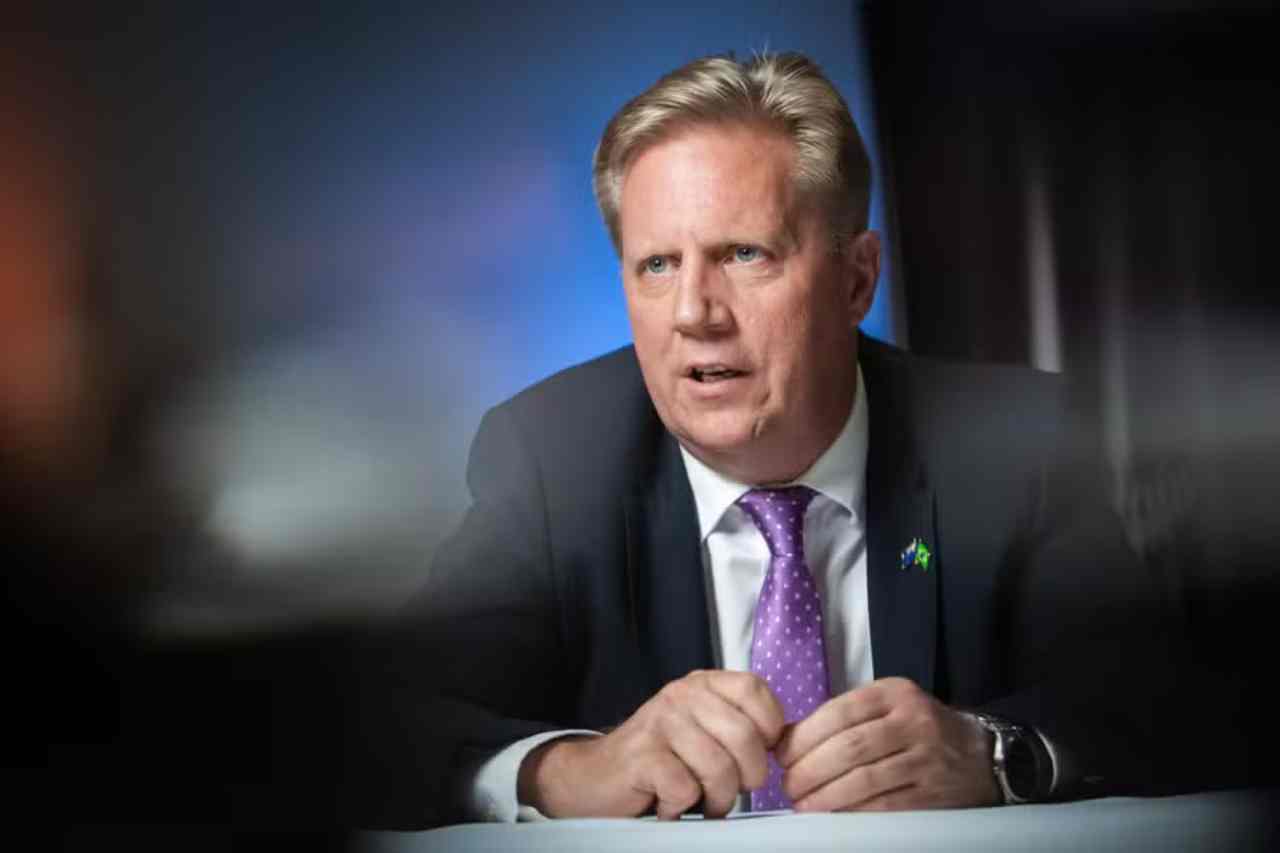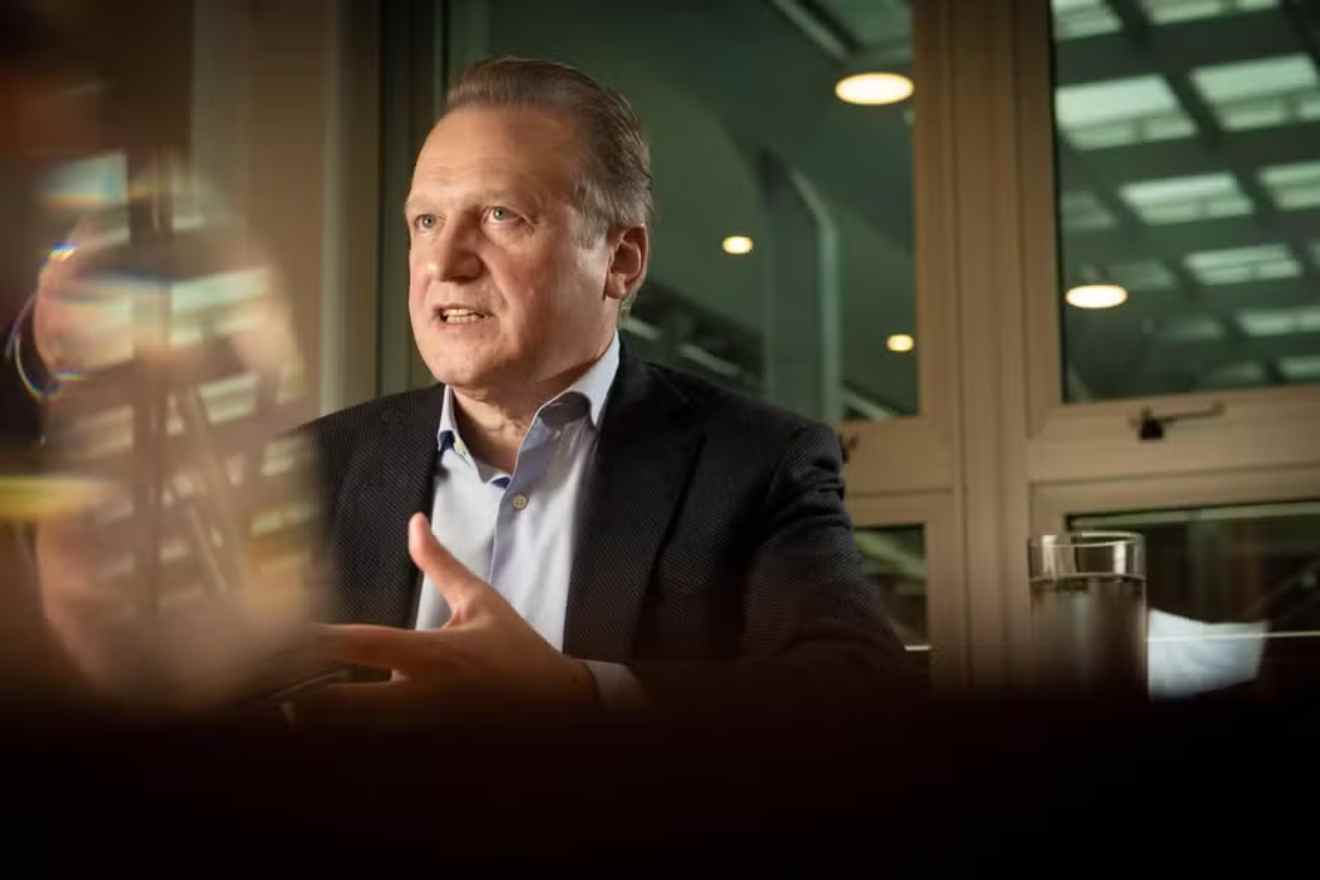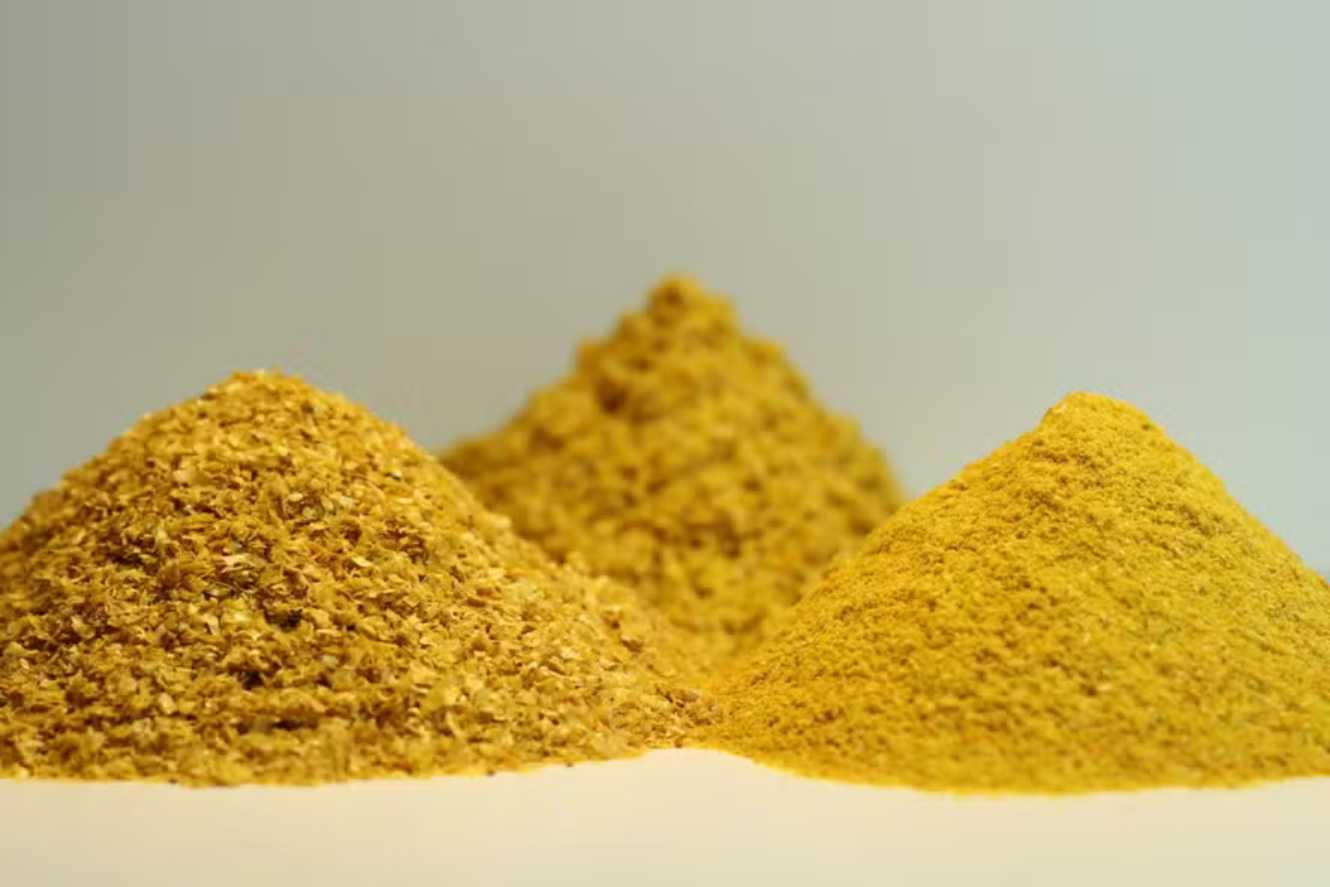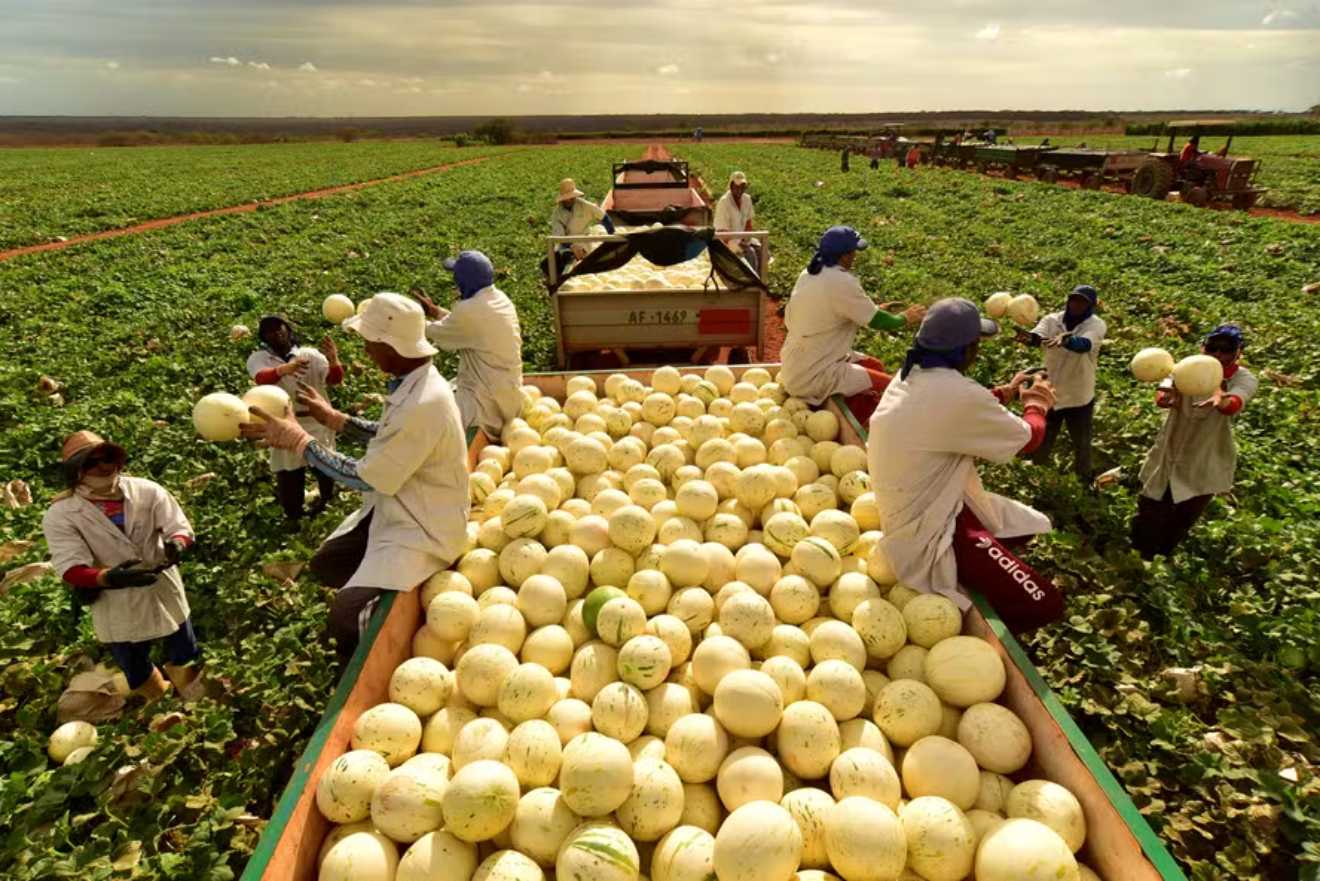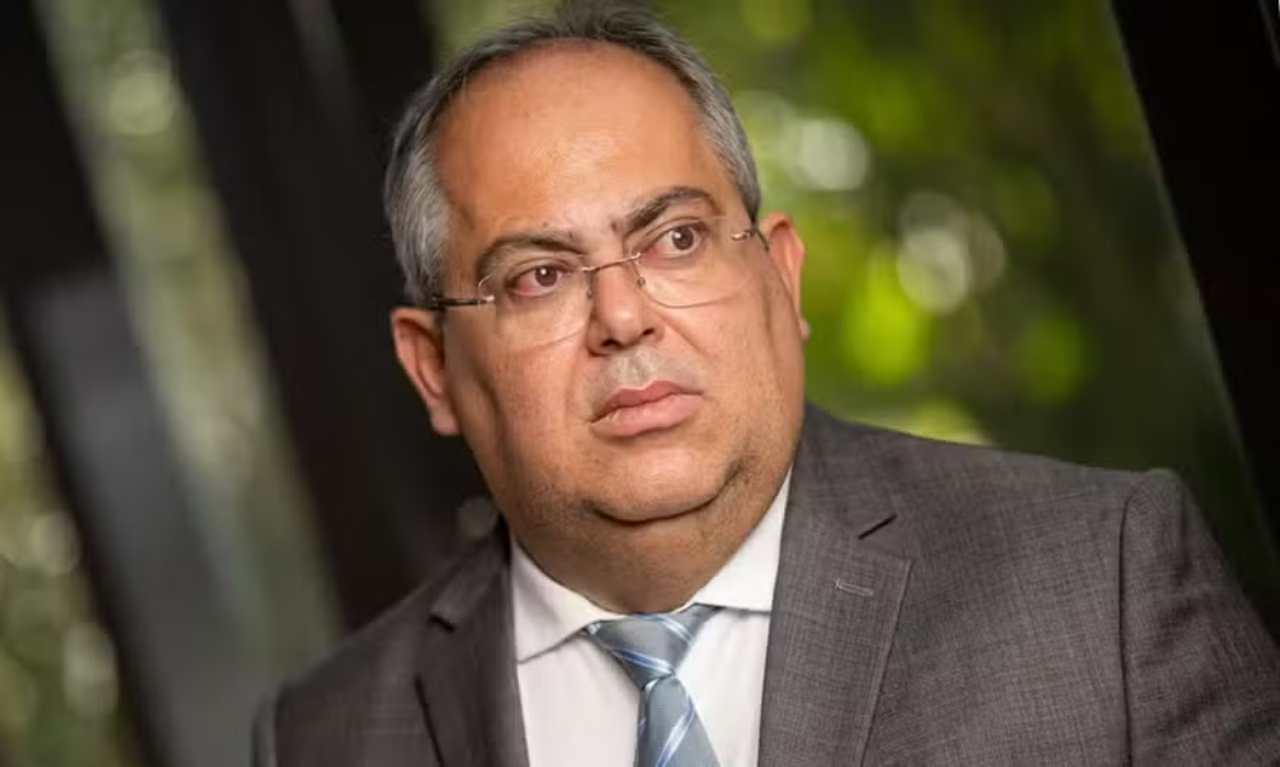New Zealand’s Minister of Agriculture and Trade sees opportunities to share technology with Brazilian producers
As a diplomatic partner to Brazil on agricultural issues globally, New Zealand aims to at least double its agricultural trade with Brazil—both in exports and imports—over the next ten years. This is the vision of Todd McClay, New Zealand’s Minister of Agriculture and Trade, who spoke with Valor during his visit to São Paulo in October.
This was McClay’s first trip to Brazil. While in São Paulo, he met with representatives from various industries, signed agreements between New Zealand companies and Brazilian clients, and made an informal visit to a JBS plant.
His main stop, however, was Brasília, where he was invited by the Brazilian government to lead “pre-G20” alignment meetings, leveraging New Zealand’s history of facilitating multilateral debates within organizations like the World Trade Organization (WTO).
According to McClay, the ambition to double bilateral trade is a bold goal, given New Zealand’s smaller production scale compared to Brazil’s. “We want New Zealand to be seen as a more prominent trade partner for Brazil,” he said. Currently, New Zealand purchases about $270 million in Brazilian agricultural products annually, while selling $246 million in agricultural goods to Brazil. McClay hopes to expand New Zealand’s presence by filling certain gaps in Brazil’s import needs, such as kiwi supply. He expects exports to increase by 2025.
McClay met with Brazil’s Vice President and Minister of Industry and Commerce Development, Geraldo Alckmin, to explore deeper agro-industrial connections between the two nations. Beyond tourism and education, McClay sees agricultural technology as a promising area for growth.
“Brazil offers many opportunities, particularly in sectors like agtech, energy, resources, and security,” he noted. McClay believes New Zealand’s agricultural technology could prove beneficial in Brazilian agriculture.
Last year, trade between the two countries, across all economic sectors, reached $520 million—a 36% increase over ten years.
Over the past decade, roughly 40 New Zealand companies have established local offices or representatives in Brazil, with export agreements quadrupling since 2019. Dairy is the third-largest export from New Zealand to Brazil, totaling $16 million over the 12 months ending June 2024, following tourism from Brazilian visitors ($82 million) and pharmaceutical sales ($60 million).
McClay seeks to sustain bilateral discussions on sustainable development, investment, food security, reduction of non-tariff barriers, and strengthening of the multilateral trade system—topics covered in pre-G20 discussions and set to be revisited at the group’s summit in Rio de Janeiro on November 19.
One shared stance between Brazil and New Zealand is their call to revise the European Union’s anti-deforestation law. Like his Brazilian counterpart, Carlos Fávaro, McClay advocated delaying the law’s implementation, which is now up for a vote in the European Parliament. He also criticized the “inflexible standards” imposed on small producers, saying, “This is not just EU protectionism—it’s something they won’t realistically be able to enforce.”
Another shared position is the push to reduce agricultural tariffs. In June, McClay repealed a tax on livestock emissions introduced in 2022. As an agronomist, he argued that the tax was a financial burden on producers, hindering their investment in decarbonization. Through this decision, McClay aims to influence global discussions on agricultural subsidies and reduce financial pressures on industry stakeholders.

